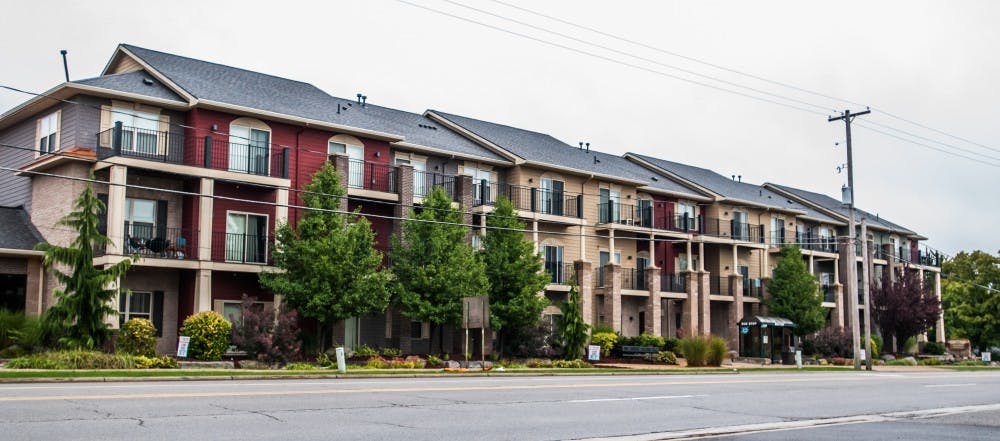A recent study conducted at MSU explored the idea that where people live can affect their health.
One of the key factors looked at in the study is the proximity of a resident’s home to local parks, industrial areas, community gardens, bus stops and grocery stores and how each of the different environments affected the health of the resident, a press release from MSU Today said.
Rick Sadler, an MSU public health expert and associate professor in the College of Human Medicine’s Flint campus, is an urban geographer for the university and the lead author of the study.
He surveyed academic and community leaders in Flint by presenting them with a list of different characteristics of neighborhoods — housing, green space, environment, infrastructure, amenities and more. It asked them to choose which ones contribute the most toward the health of its residents.
After the survey was completed, the data collected was combined with information on neighborhoods in Flint to develop a “healthfulness index” for each area. In the press release, Sadler said “very few studies” have created an index like this.
“In an ideal world, with a healthfulness index like this, there would be very few neighborhood differences,” Sadler said in the press release. “Everybody would have access to what they need to lead healthy lifestyles. Until that time, though, we can use data like this to target neighborhood-level interventions to make our communities healthier.”
The results from the survey showed neighborhood factors residents thought were the most beneficial for their health — and led to healthy behaviors — include churches, schools, health services, pharmacies and grocery stores. The survey also showed that community issues like crime, pollution and housing conditions affected the health of residents in a different way.
Sadler found housing and neighborhoods located close to the city’s colleges scored the highest in the study, meaning residents in those specific spaces can engage in healthy behaviors more easily.
“The more we understand the way the built environment affects healthy behaviors, the more we can advocate for changes that will make these behaviors easier to carry out,” Sadler said in the press release.
The MSU study is now published in Social Science and Medicine, a journal that features health research.
Support student media!
Please consider donating to The State News and help fund the future of journalism.
Discussion
Share and discuss “MSU research shows how your health can be affected by where you live ” on social media.







